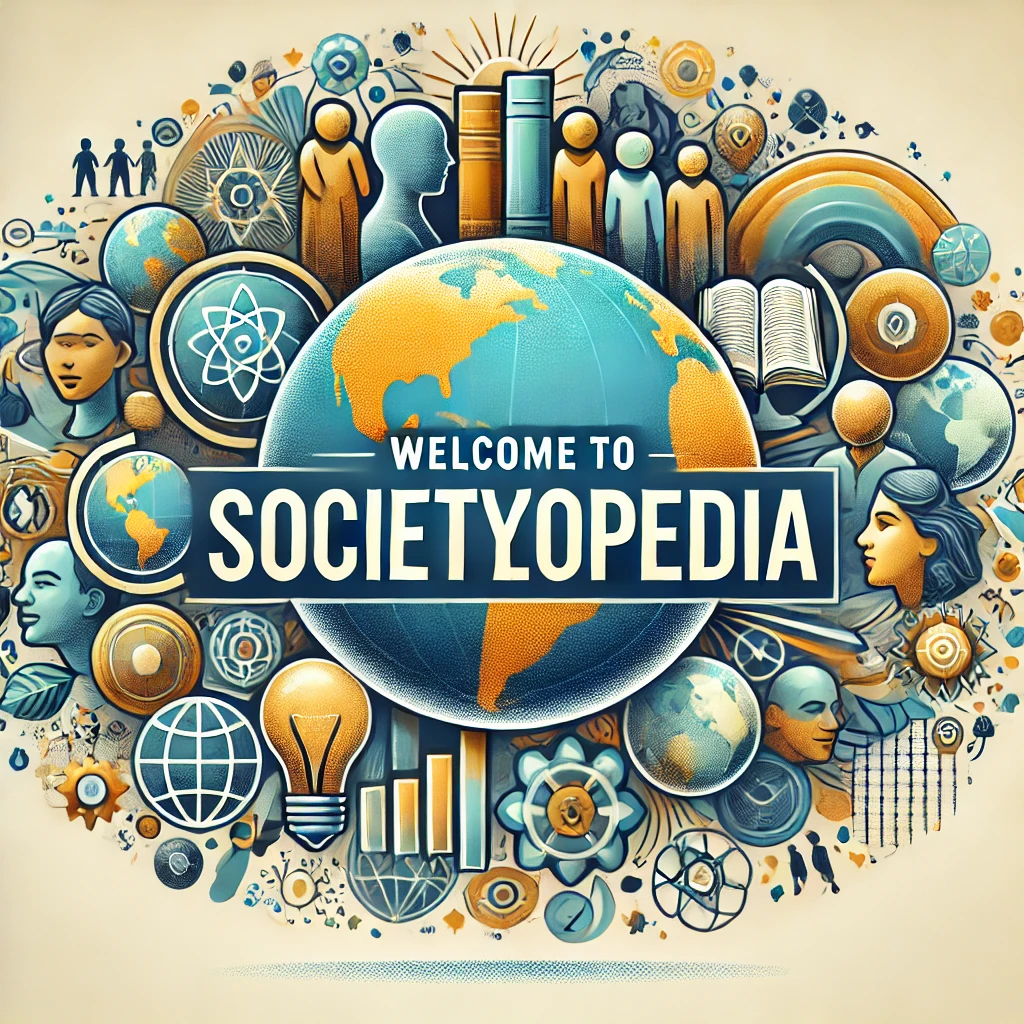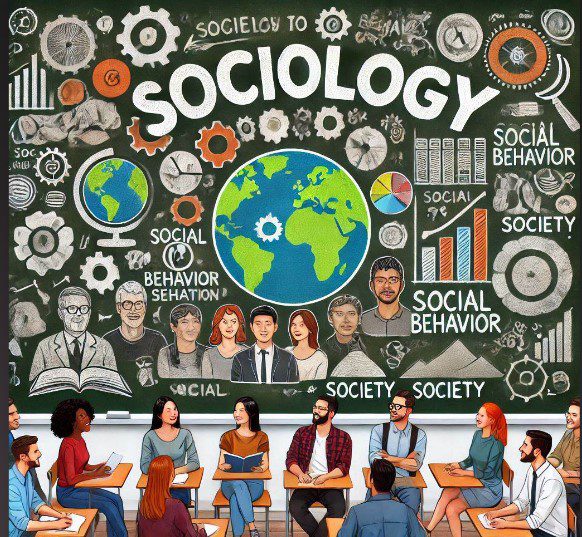In today’s interconnected world, interfaith dialogue plays a vital role in fostering understanding and harmony among diverse religious communities. This article explores how open conversations between different faith groups can break down stereotypes, build mutual respect, and encourage peaceful coexistence. We’ll also look at practical steps to promote inclusivity and collaboration, ensuring that religion becomes a bridge, not a barrier, in modern society.
Problem-Solution Approach
Religious misunderstandings and intolerance often create barriers that divide communities, fueling mistrust and conflict. Interfaith dialogue is a powerful solution that bridges these gaps, promoting understanding and mutual respect among different faiths. In this article, we’ll uncover how constructive conversations can address prejudice, reduce tensions, and pave the way for a more inclusive, peaceful world. Together, let’s explore how to transform religious diversity into a source of unity.
Interfaith Dialogue for Peaceful Coexistence
In an increasingly interconnected and globalized world, the need for interfaith dialogue has never been more pressing. As societies become more diverse, fostering peaceful coexistence through meaningful communication between different religious groups is essential. Interfaith dialogue offers a powerful solution to religious divides, stereotypes, and conflicts. In this blog post, we’ll explore how interfaith dialogue can promote mutual respect, tackle common challenges, and offer practical strategies for fostering unity among diverse religious communities.
How Does Interfaith Dialogue Promote Peaceful Coexistence?
Interfaith dialogue plays a critical role in creating a peaceful coexistence by encouraging mutual understanding, respect, and collaboration between diverse religious groups. It helps break down misconceptions, promotes empathy, and fosters relationships that transcend traditional religious boundaries. When different faiths come together, they can share common values, such as love, compassion, and justice, and work together to address societal challenges.
Steps to Foster Religious Harmony Through Interfaith Communication
Fostering religious harmony through interfaith communication begins with recognizing shared human values and embracing diversity. Some key steps to encourage interfaith dialogue include:
- Building trust: Initiating open, honest conversations helps build relationships based on trust.
- Active listening: Listening to others’ beliefs and perspectives with respect opens the door to understanding.
- Creating inclusive spaces: Hosting community events and dialogues where people of different faiths can come together fosters collaboration and inclusion.
- Educational programs: Providing religious education to help people understand and appreciate different traditions and practices promotes tolerance.
Challenges Faced in Interfaith Dialogue and How to Overcome Them
Interfaith dialogue, while crucial, is not without its challenges. These may include deep-rooted prejudices, misunderstandings, and resistance to change. Some common obstacles are:
- Religious intolerance: Fear or ignorance about other faiths can lead to intolerance.
- Cultural barriers: Different cultural practices may complicate discussions.
- Miscommunication: Lack of proper communication can lead to further division.
To overcome these challenges, it is essential to encourage education, foster empathy, and create safe spaces where individuals can express their views without fear of judgment. Overcoming fear of the unknown and being open to learning are essential steps toward bridging divides.
Practical Examples of Successful Interfaith Initiatives Worldwide
Across the world, many interfaith initiatives have successfully promoted peace and understanding. Some notable examples include:
- The Parliament of the World’s Religions: This global event brings together people from diverse faiths to discuss peace, social justice, and environmental sustainability.
- Interfaith Youth Core (IFYC): A U.S.-based initiative that empowers young people to work across religious differences to build a better world.
- Religious Leaders Summit on Peace: Held in various regions, this summit encourages religious leaders to come together and resolve conflicts, providing a model for interfaith leadership.
How to Address Religious Stereotypes Through Dialogue
Religious stereotypes are often rooted in ignorance and misinformation. Through interfaith dialogue, individuals can dispel myths, challenge stereotypes, and replace fear with understanding. By engaging in meaningful conversations and forming personal connections, people are able to view one another as fellow human beings rather than through the lens of preconceived ideas.
Benefits of Interfaith Communication for Diverse Communities
The benefits of interfaith communication extend beyond religious communities. When people from different faiths come together to share ideas, they contribute to broader societal cohesion. The key benefits include:
- Promoting mutual respect: Interfaith dialogue fosters empathy and understanding, which are essential for a peaceful society.
- Cultural exchange: Communities can learn from each other’s traditions, rituals, and practices, which can enrich cultural diversity.
- Conflict resolution: Open dialogue can help prevent or de-escalate religious conflicts, contributing to greater stability.
Interfaith Dialogue Strategies to Bridge Cultural and Religious Gaps
Bridging cultural and religious gaps requires effective dialogue strategies. Here are some strategies that can help:
- Inclusive language: Using inclusive language that respects all beliefs and practices is essential for constructive conversation.
- Focus on common ground: Emphasizing shared values such as compassion, peace, and justice helps build common ground.
- Interfaith events: Organizing events like interfaith prayer services, community dinners, and collaborative charity work helps build relationships across faiths.
The Role of Interfaith Dialogue in Resolving Religious Conflicts
Religious conflicts, whether local or global, can be devastating to communities and societies. Interfaith dialogue can be an effective tool for conflict resolution, as it creates a platform for open discussion and understanding. Through dialogue, conflicting parties can find common ground, reduce misunderstandings, and work together toward peaceful solutions. Religious leaders and community members can play a vital role in mediating these discussions, helping to resolve tensions and promote peace.
Importance of Mutual Respect in Interfaith Conversations
Mutual respect is the cornerstone of successful interfaith dialogue. Each individual brings their own beliefs and traditions to the conversation, and it is essential to respect those differences. When mutual respect is present, participants feel safe to share their perspectives without fear of judgment or ridicule. This respect fosters trust, which is essential for meaningful dialogue and lasting peace.
How Interfaith Education Programs Promote Unity and Understanding
Interfaith education programs are vital tools in promoting understanding and unity. These programs teach individuals about the beliefs, customs, and practices of other religions, helping to break down barriers. By incorporating interfaith education into schools, universities, and community programs, we can foster a culture of understanding that transcends religious differences.
Faith-Based Approaches to Peaceful Coexistence in Multicultural Societies
In multicultural societies, faith-based approaches play a critical role in promoting peaceful coexistence. Religious communities can use their platforms to advocate for tolerance, equality, and mutual understanding. Faith leaders can serve as ambassadors of peace, encouraging their followers to embrace diversity and work together for the common good.
How Interfaith Dialogue Reduces Prejudice and Builds Trust
Interfaith dialogue reduces prejudice by offering individuals the chance to understand different perspectives. Through regular, respectful conversations, misconceptions and biases are replaced with empathy and trust. This transformation is crucial for creating inclusive communities that celebrate religious diversity rather than fear it.
Why Interfaith Dialogue is Crucial for Global Religious Harmony
In today’s globalized world, interfaith dialogue is crucial for fostering harmony among religious communities. As the world becomes more interconnected, understanding and collaboration between different faith groups is necessary for addressing global challenges, such as poverty, climate change, and social injustice. Interfaith dialogue offers a pathway to greater peace and unity across borders.
Steps for Organizing Successful Interfaith Community Events
To organize a successful interfaith community event, it’s important to follow a few key steps:
- Establish a common purpose: Identify the goal of the event, such as promoting understanding or working on a community project.
- Engage diverse religious leaders: Involve leaders from different faiths to ensure broad representation.
- Foster inclusivity: Make sure the event is welcoming to all, regardless of background or belief.
The Impact of Interfaith Dialogue on Reducing Religious Intolerance
Interfaith dialogue is a powerful tool for reducing religious intolerance. By providing a platform for individuals to engage with others of different faiths, it fosters empathy and understanding. This process helps dismantle stereotypes and reduces prejudice, contributing to a more tolerant and peaceful society.
Conclusion
Interfaith dialogue is essential in today’s globalized world to promote peace, mutual respect, and understanding among diverse religious communities. By addressing challenges, overcoming prejudices, and fostering communication, interfaith dialogue can be a powerful tool in bridging religious divides and creating a more inclusive, harmonious society. Let’s continue to engage in meaningful conversations and work together to build a future where religious differences are celebrated rather than feared.


